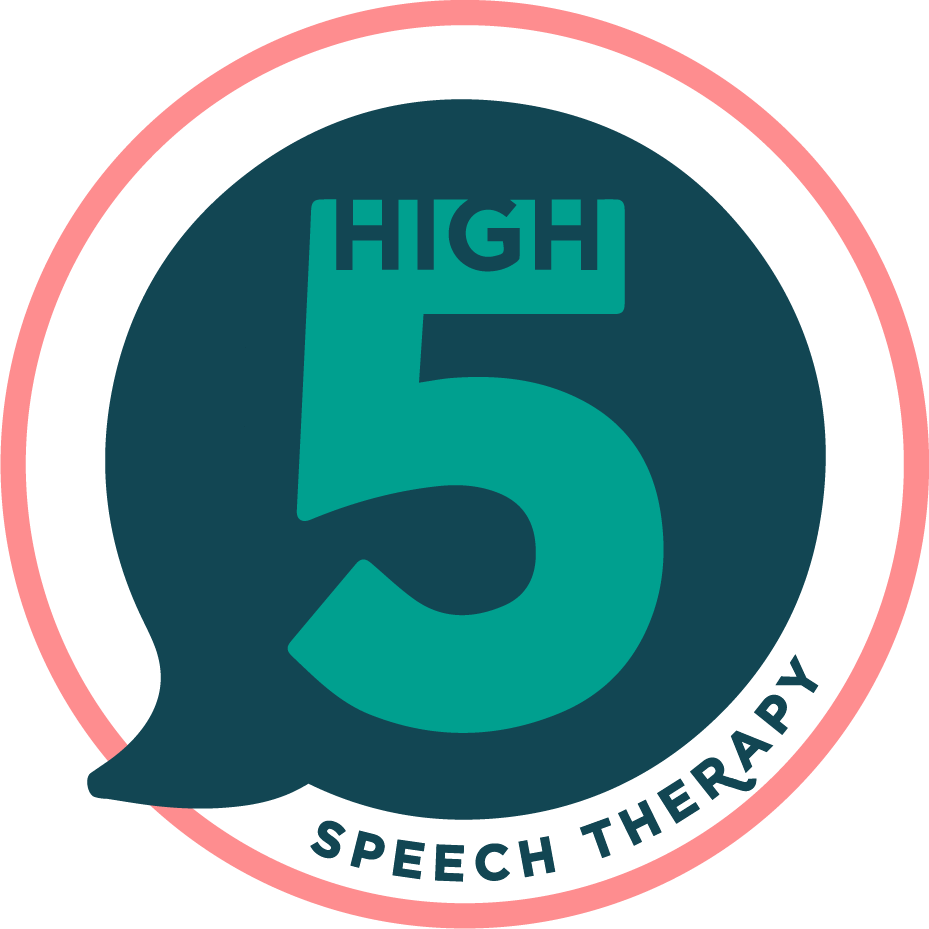about Fun foundations classes
|
What is Fun Foundations class?
A class designed by a pediatric speech-language pathologist to support the development of language, sensory, feeding, literacy, cognition, behavior, social/emotional skills and feeding. What is class like?
YOUR FIRST CLASS IS ALWAYS FREE! Come check it out! Just RSVP here. |
"I looked around and saw lots of classes for infants and toddlers... like music class, gymnastics and library storytime - but there were no classes to help children specifically with their language, feeding or behavior! - Emily Goudreault: Owner, Speech-Language Pathologist + Class Instructor
|
More details about what we do in class:
First part of class: STRUCTURED TIME: the first 30-45 minutes is structured around singing, moving our bodies, reading, learning a few signs and chatting about specific strategies to support your child’s development.
Here’s what we do during that time and why:
Second part of class: UNSTRUCTURED SENSORY + SOCIAL PLAY: the last 15-30 minutes is unstructured time centered around sensory activities for the kiddos (generally theme-related) and social time for both parents and children.
Here’s what we do during that time and why:
First part of class: STRUCTURED TIME: the first 30-45 minutes is structured around singing, moving our bodies, reading, learning a few signs and chatting about specific strategies to support your child’s development.
Here’s what we do during that time and why:
- I share out 1-3 tips related to speech, language, feeding, behavior, literacy or social/emotional skills because…
- Every parent wants to be the best parent they can be!
- If there’s any kind of concern for your child’s development, it’s important to learn how to support them at home early on with evidence-based strategies that have been tried, tested and researched by a professional!
- Move our bodies! We move our bodies for lots of reasons:
- Did you know that children (all humans, really) do not have just 5 senses (sight, hearing, touch, taste, smell) but 8! The other 3 are interoceptive (internal body awareness), balance, and proprioception (knowing where your body is in time and space) and . When we move with our children, we are helping them to develop those last 2 senses!
- Most infants and toddlers cannot sit and attend to one task for longer than 5 minutes – and that is normal! We need to engage their gross motor skills and get them moving to help them transition from one activity to the next!
- Read a book related to our weekly theme! There are a MILLION reasons we want to read with babies and toddlers and I think we would all agree that early literacy development is a priority for young children. My goal in introducing books in class is to provide an additional positive and fun experience related to literacy! Whether your child spends the structured story time helping to turn the pages, sitting on your lap and observing from afar, or playing with a friend in the corner, ALL positive literacy experiences are good ones!
- Sing! Sometimes we sing the songs ourselves, sometimes we sing along to the songs from a CD/YouTube children’s music performers. We sing for lots of reasons:
- First of all (and most importantly) – it’s fun!! Kids love singing and music in general.
- We also sing because it is a great way to teach language!
- Language concepts presented via language are repetitive, predictable and rhyming, which are foundational language concepts themselves!
- Research shows that music calms kids down more so than non-musical calming strategies, so knowing songs to sing during challenging moments or routines is extra helpful.
- It’s nice to have some new songs to introduce into the daily routine so neither of you get bored!
- Learn 1-3 American Sign Language signs specific to our weekly theme because teaching babies sign language…
- GREATLY decreases frustration in the family, both on the part of the baby and on the part of the caregiver
- helps you learn what your baby wants, needs and is thinking – which is amazing!
- babies can physically sign at a much younger age (typically starting between 6-12 months) than they can begin speaking, because speaking is very difficult and requires the coordination of many different muscle groups and cognitive control
- helps to activate the visual cortex, which aids in language learning and retention
- has been shown to increase language comprehension and expressive language skills
- has been shown to increase the older toddler’s VERBAL vocabulary and sentence length
- contribute to an increased IQ score in elementary-school-aged children who learned to sign as babies!
- (and ps – teaching your baby sign language will NOT prevent them from talking, just like crawling doesn’t prevent your baby from walking! It actually supports verbal language!)
Second part of class: UNSTRUCTURED SENSORY + SOCIAL PLAY: the last 15-30 minutes is unstructured time centered around sensory activities for the kiddos (generally theme-related) and social time for both parents and children.
Here’s what we do during that time and why:
- I provide 1-3 hands-on sensory activities and “little scientist” experiments for the children to experience and explore. All of these activities are designed to be relatively easy to replicate at home so that you gain some good ideas around things to do at home! Some examples include:
- gross motor activities that encourage balance and proprioception (e.g. pushing or pulling things, climbing on things)
- activities that encourage visual development and stimulation (e.g. playing in a sensory bin full of shiny items, sensory bottles with glitter, bubblemaker)
- activities that encourage development of touch and fine motor skills with a variety of textures (e.g. lots of sensory bin options, foot walkways with different textures)
- “little scientist” experiments where children can explore how the environment works with hands-on manipulatives designed for problem solving and cognitive development (e.g. gravity “drop tubes” where little hands can drop things in to see where they come out, sticky life-size pictures where items can be stuck on, hole-y boxes where things can be dropped, pull tubes with ribbon strings)
- Wondering why sensory play is important? Lots and lots of reasons!
- Children are wired to receive and utilize sensory input from day one.
- This is why children will dive in hands first, exploring a new substance. The senses are their most familiar, most basic way to explore, process, and come to understand new information.This is why we must allow young children to learn through experience, not just lecture. Children need to use their senses and be engaged in meaningful experiences.
- As we talk with them about what they are observing and sensing, we are giving them new language tools to connect with these more familiar sensory tools – so we are building language as well as supporting cognitive concepts specific to the experience.
- The flip side of the coin is true as well - just as children learn through their senses, we are also developing the ability to use senses and are building the neurological pathways associated with each one. With added sensory experiences, combined with the scaffolding of adults and peers, children become more perceptive. Their sensory intake and processing becomes more acute. As they are better able to use their senses, they are then better able to learn through their senses.
- Sensory play is really part of the scientific process. Whether out loud or within the internal dialogue of the mind, children have developed a question, leading them to investigate– by grabbing, smelling, listening, rubbing, staring, licking , what have you! They are using their senses to collect data and from that, attempt to answer their own questions. Whether or not young children are always able to verbally communicate this process, it is still a valid exercise in scientific inquiry.
- Social time. Why...?
- For you: make friends, connect with other mamas + grandmamas, find your community.
- For your child: make friends, learn valuable lessons around taking turns, physically interacting with peers, social problem solving, cleaning up, navigating new social situations.
- Question + Answer
- Is your child throwing food off the tray? Not talking like his peers? Hitting, biting or kicking? Super picky eater? Frequent meltdowns because they can’t communicate what they want? You can ask the group and get feedback both from a professional with years of experience in working with infants and toddlers to support their overall development + language skills PLUS hear what other caregivers are going through and how they handled it!
If you have a daycare/preschool class, mom's group, church group, parenting club, or just a group of mama friends or work friends that wants to work with me to offer a workshop or class through your group at your location, contact Emily!
I would love to work with you!
I would love to work with you!

